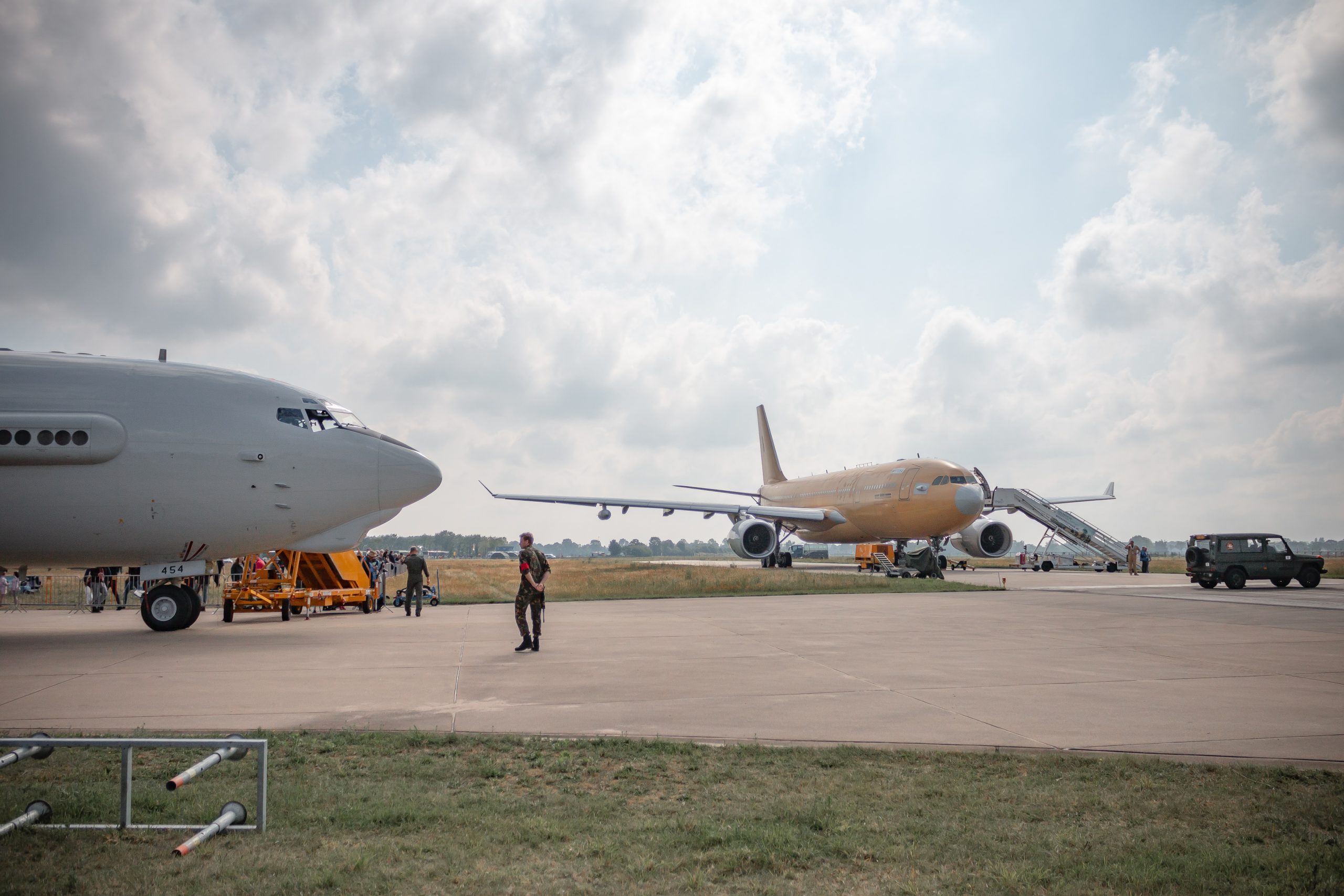As the world has become increasingly interconnected and interdependent, international security has emerged as a major global concern. Global conflicts have left countries vulnerable to attack, leaving them unable to trust their neighbors or even protect their own citizens. This is where the North Atlantic Treaty Organization (NATO) comes into play. Established in 1949, NATO is an intergovernmental military alliance of 30 member states from Europe and North America that encourages political, economic and defense collaboration between its members. In this article, we’ll take a look at NATO’s goals and mission, and explore how it works to make the world a safer place.
What is NATO?
NATO is the North Atlantic Treaty Organization, an international security alliance of 30 countries from Europe and North America. NATO’s goal is to safeguard the freedom and security of its members through political and military means.
Since its founding in 1949, NATO has served as a cornerstone of global security, working to keep the peace in Europe and beyond. In recent years, NATO has taken on a new role in combating terrorism and promoting stability in the Balkans and Afghanistan.
As the world changes, so does NATO. The alliance remains committed to its core principles of democracy, individual liberty, and the rule of law. But it is also adaptable, ready to meet new challenges with resolve and ingenuity.
What are NATO’s goals?
Since its founding in 1949, NATO has had one central goal: to safeguard the freedom and security of its member states by political and military means. In the early years of the Cold War, that meant deterring Soviet aggression. Today, it means promoting international stability and combating terrorism.
NATO’s ultimate goal is to create a stable and secure international environment in which its members can live and prosper in peace. To that end, the Alliance works to:
-Strengthen the capabilities of its members so they can defend themselves against any threat;
-Build cooperative security relationships with partner countries; and
-Engage in crisis management operations when necessary.
How does NATO work?
NATO, or the North Atlantic Treaty Organization, is an international security alliance that was established in 1949. The organization is made up of 28 member countries and has a collective defense agreement. This means that if one NATO country is attacked, all member countries are obligated to provide assistance.
In order for an attack on a NATO country to invoke the collective defense clause, the attack must be deemed to be “dangerous to the freedom and security” of all members. This can be determined by the North Atlantic Council, which is made up of representatives from each member country.
Once it has been decided that an attack warrants a response from NATO, the organization will develop a plan of action. This may involve military force, but it could also involve economic sanctions or other diplomatic measures.
It should be noted that NATO does not have its own military forces; rather, each member country contributes troops and resources to the organization. In this way, NATO is able to pool its resources and create a more effective defense system.
NATO members and partners
Since its inception in 1949, NATO, the North Atlantic Treaty Organization, has been a key player in international security. With 29 members and partners spanning Europe and North America, NATO is one of the world’s most powerful military alliances. Its stated goal is to ” safeguarded the freedom and security of its members through political and military means.”
In recent years, NATO has been involved in a number of conflicts, including the war in Afghanistan and the air campaign in Libya. In both cases, NATO acted at the request of the UN Security Council. The alliance has also been working to counter terrorism and cyber attacks. more broadly.
As tensions with Russia continue to simmer, NATO is preparing for the possibility of a full-scale conflict. The alliance has increased its military presence in Eastern Europe and established a rapid reaction force that can be deployed on short notice.
While some critics argue that NATO is outdated and no longer relevant, the alliance remains an important part of the global security landscape.
Criticisms of NATO
Since its inception, NATO has been criticized for a number of reasons. Some believe that the organization is too powerful and that it represents a threat to global peace. Others argue that NATO is ineffective and that it does not do enough to protect member states.
Some of the most common criticisms of NATO include:
- That NATO is a tool of U.S. imperialism.
- That NATO is unnecessary and outdated.
- That NATO is responsible for creating a new arms race.
- That NATO expansion has increased tensions with Russia.
Conclusion
In conclusion, NATO is an important organization with a long and successful history of protecting international security. It has evolved over time to meet the ever-changing challenges posed by global threats, while still adhering to its original mission and core values. The goals of NATO are clear: peace, stability and defense of all member nations against any external threat or aggression. As long as it remains committed to these ideals and continues to foster good relationships between member states, NATO will remain essential in providing international security for years to come.




